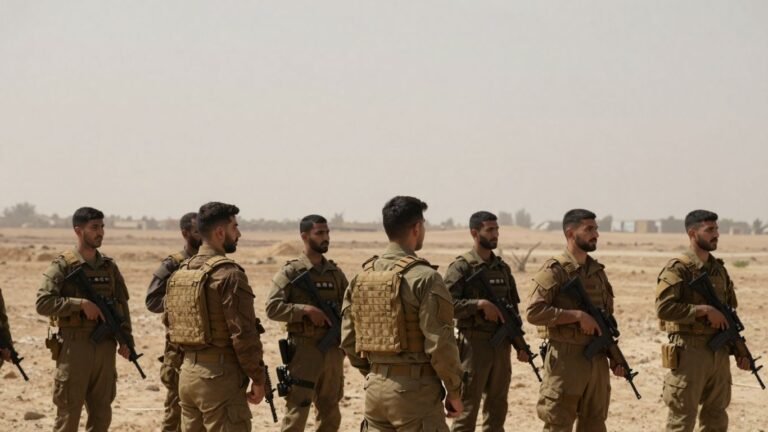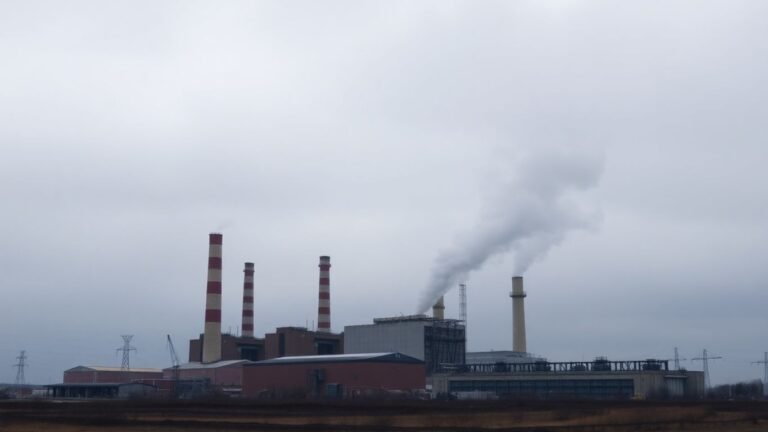Trump Considers Using Insurrection Act as Tensions Rise in U.S. Cities
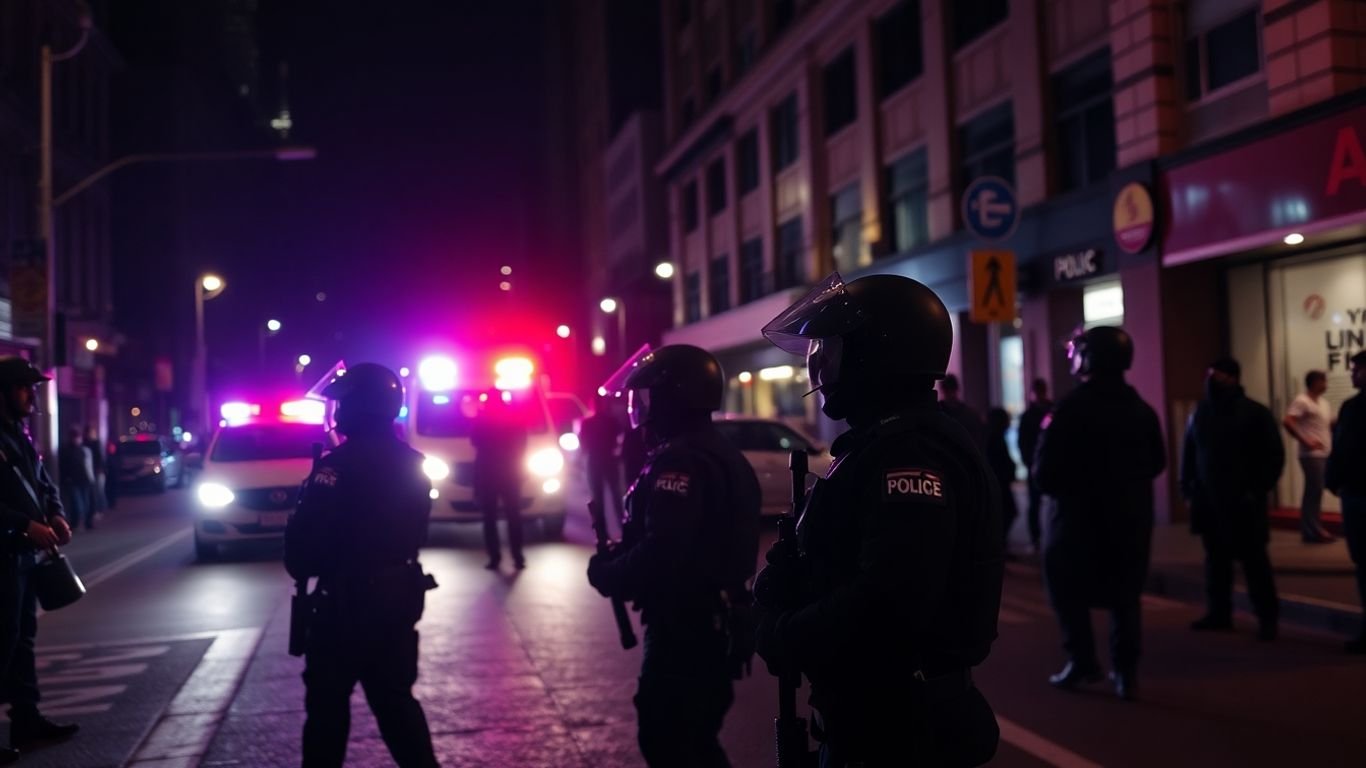
Amid growing unrest and legal pushback to the deployment of National Guard troops in Democratic-led cities, President Donald Trump stated on Monday that he is contemplating invoking the Insurrection Act. This rarely used law would allow for the use of federal troops within the United States under certain circumstances, escalating debates about authority and civil response.
Key Takeaways
- President Trump may use the Insurrection Act to deploy federal troops domestically.
- The move is a response to opposition from some courts and state governors, particularly in Democrat-led cities.
- The Insurrection Act is a centuries-old law, last used in the 1992 Los Angeles riots.
Background: What Prompted the President’s Statement?
As protests and unrest have continued in major urban areas, especially those led by Democratic mayors and governors, the Trump administration has attempted to send in National Guard forces to restore order. However, these efforts have faced significant resistance, with some local leaders arguing that federal involvement escalates tensions rather than eases them.
Frustrated by what he views as barriers to restoring law and order, President Trump has repeatedly mentioned the Insurrection Act in public remarks. This federal statute, enacted in 1807, grants the President authority to deploy both active-duty and National Guard troops within U.S. borders under certain conditions.
Understanding the Insurrection Act
The Insurrection Act was designed to address insurrections, domestic violence, unlawful combinations, or conspiracies that hinder the execution of laws. The law has been implemented relatively few times in American history. Notable occasions include during the Civil Rights era and the 1992 riots in Los Angeles following the Rodney King verdict.
The President can invoke the act if a state requests help to suppress violence, or in specific instances, even over a state’s objections, if the federal government determines local authorities cannot maintain public order. Legal scholars note, however, that such action often triggers court challenges and political backlash.
Political and Legal Reactions
Many Democratic governors and city leaders argue that resorting to such measures without their consent is both dangerous and legally questionable. A number of federal courts have also issued orders limiting federal involvement in local enforcement, prompting more tension between state and federal authorities.
Critics warn that using the Insurrection Act could amplify conflict and set a precedent for heavy-handed federal intervention in civil matters. Supporters, meanwhile, claim it is a necessary tool for ensuring public safety when local governments cannot or will not intervene effectively.
What’s Next?
The decision to invoke the Insurrection Act remains at the President’s discretion, but legal hurdles and political risks are substantial. As protests and political tensions continue across the country, the coming days could be a significant test of the balance between federal authority and states’ rights.
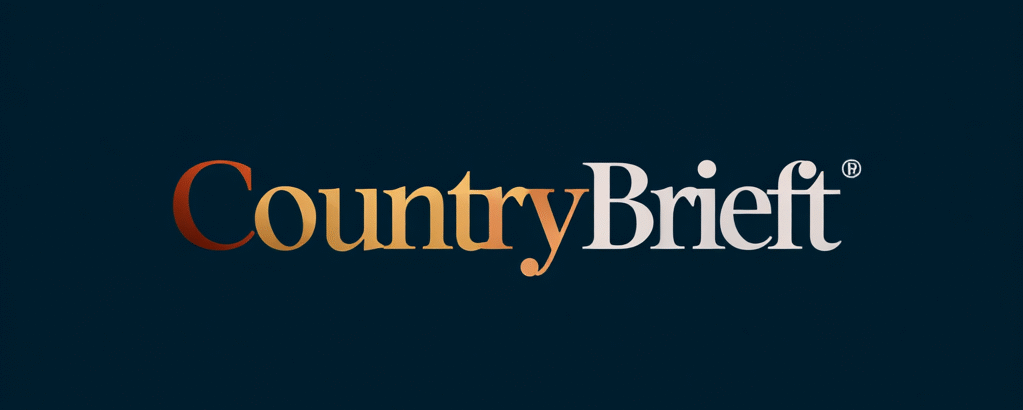

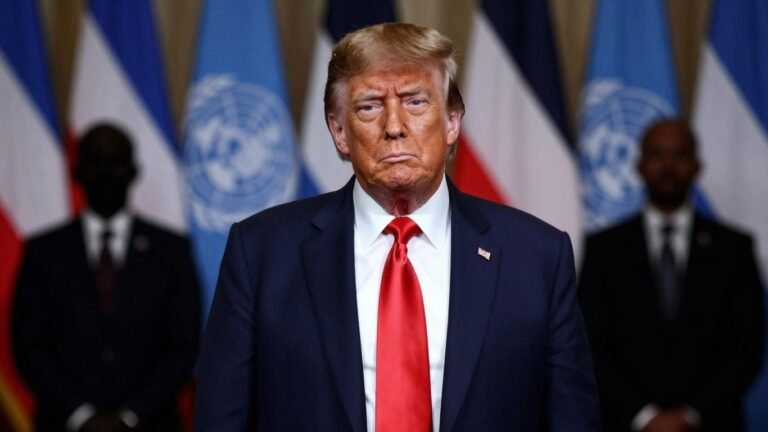
![Presidential seal and [Donald Trump] in a powerful stance.](https://countrybrief.com/wp-content/uploads/2025/10/thumbnail-43-768x432.jpeg)
